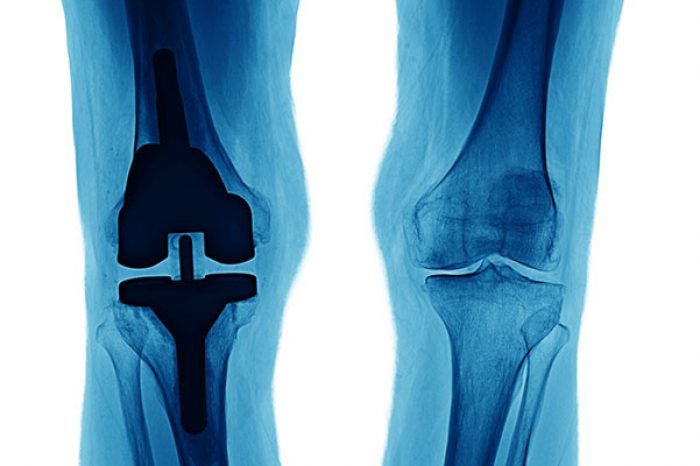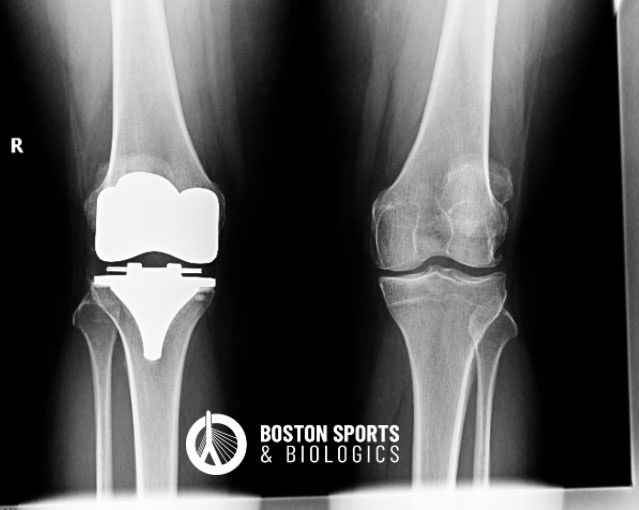
Knee osteoarthritis (OA) is a debilitating condition affecting millions worldwide, leading to pain, stiffness, and reduced mobility. While traditional treatments such as corticosteroid and hyaluronic acid injections are widely recognized, a lesser-known yet promising option—platelet-rich plasma (PRP) therapy—remains significantly underutilized.
A recent study by Klein et al. highlights this gap in patient awareness and how often physician discuss PRP injections for knee arthritis treatment. The findings are concerning:
Despite growing evidence supporting PRP’s efficacy in reducing pain and improving function in knee arthritis, several factors contribute to its lack of mainstream adoption:
Limited Physician Awareness and Recommendation
Many healthcare providers primarily offer corticosteroid or hyaluronic acid injections, as these are well-established in treatment guidelines.
Guideline Hesitation
Organizations like the American Academy of Orthopaedic Surgeons and the American College of Rheumatology have not endorse PRP.

Insurance Coverage Barriers
Unlike corticosteroid and hyaluronic acid, which are often covered by insurance, PRP is typically an out-of-pocket expense for patients and not covered by insurance.
The study by Klein et al. underscores the urgent need for better patient education and physician training on PRP as a viable treatment option in knee osteoarthritis. Given its potential to improve pain and function, PRP should be part of the conversation when discussing knee arthritis management.
By addressing these barriers, PRP could become a more accessible and effective option for knee arthritis patients, ultimately improving quality of life for patients with knee osteoarthritis.
Has your orthopedic surgeon discussed PRP as an option before a total knee replacement? To learn more about PRP for knee osteoarthritis:
(781) 591-7855
20 Walnut St
Suite 14
Wellesley MA 02481
References:
Meniscus tears are one of the most common causes of knee pain in active adults and aging athletes alike. If you’ve been told you have a “degenerative meniscus tear,” you may have also heard that surgery isn’t always the
Read MoreFor patients with chronic adductor longus tendinopathy, a newer option is emerging: ultrasound-guided tenotomy using the Tenex system. Recent clinical evidence suggests this minimally invasive approach may effectively
Read More